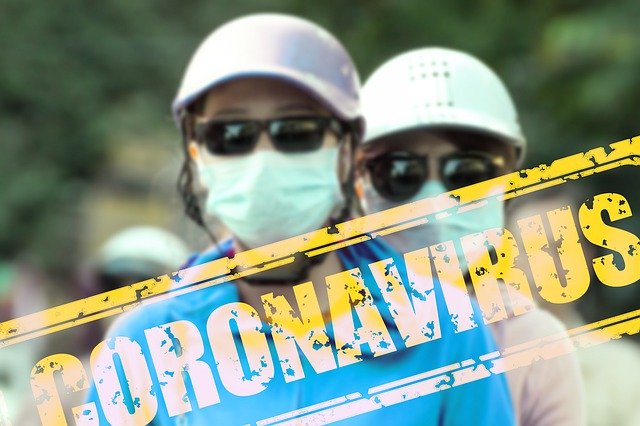Some states of India have recommended that people wear face masks when they go out – and even provide instructions for how to make one. Guidance on face masks varies wildly among international health bodies and governments.
The World Health Organization (WHO) currently only recommends face masks for people who are coughing or sneezing or for those who are caring for people who are suspected to have covid-19.
The organisation maintained that while masks could help limit the spread of the disease, they were insufficient on their own. There was no evidence that wearing a mask in the community prevented healthy people from picking up respiratory infections including Covid-19.
- Before putting on a mask, clean hands with alcohol-based hand rub or soap and water.
- Cover mouth and nose with mask and make sure there are no gaps between your face and the mask.
- Avoid touching the mask while using it; if you do, clean your hands with alcohol-based hand rub or soap and water.
- Replace the mask with a new one as soon as it is damp and do not re-use single-use masks.
- To remove the mask: remove it from behind (do not touch the front of mask); discard immediately in a closed bin; clean hands with alcohol-based hand rub or soap and water.
Prof David Heymann, of the London School of Hygiene and Tropical Medicine said masks could create a false sense of security that could end up putting people at greater risk. Even with the mouth and nose fully covered, the virus can still enter through the eyes.
According to New scientist website-If you are going to make your own mask, there are some important points to remember. n effective face mask is one that fits well around the nose, mouth and chin, providing a seal that doesn’t let air in around the sides Vacuum cleaner bags seem to be particularly good at this, according to a 2013 study that compared various household materials based on their ability to filter bacterial and viral aerosols. Tea towels were reasonably effective, but linen and silk performed poorly.
Source: WHO, theguardian.com, New Scientist
